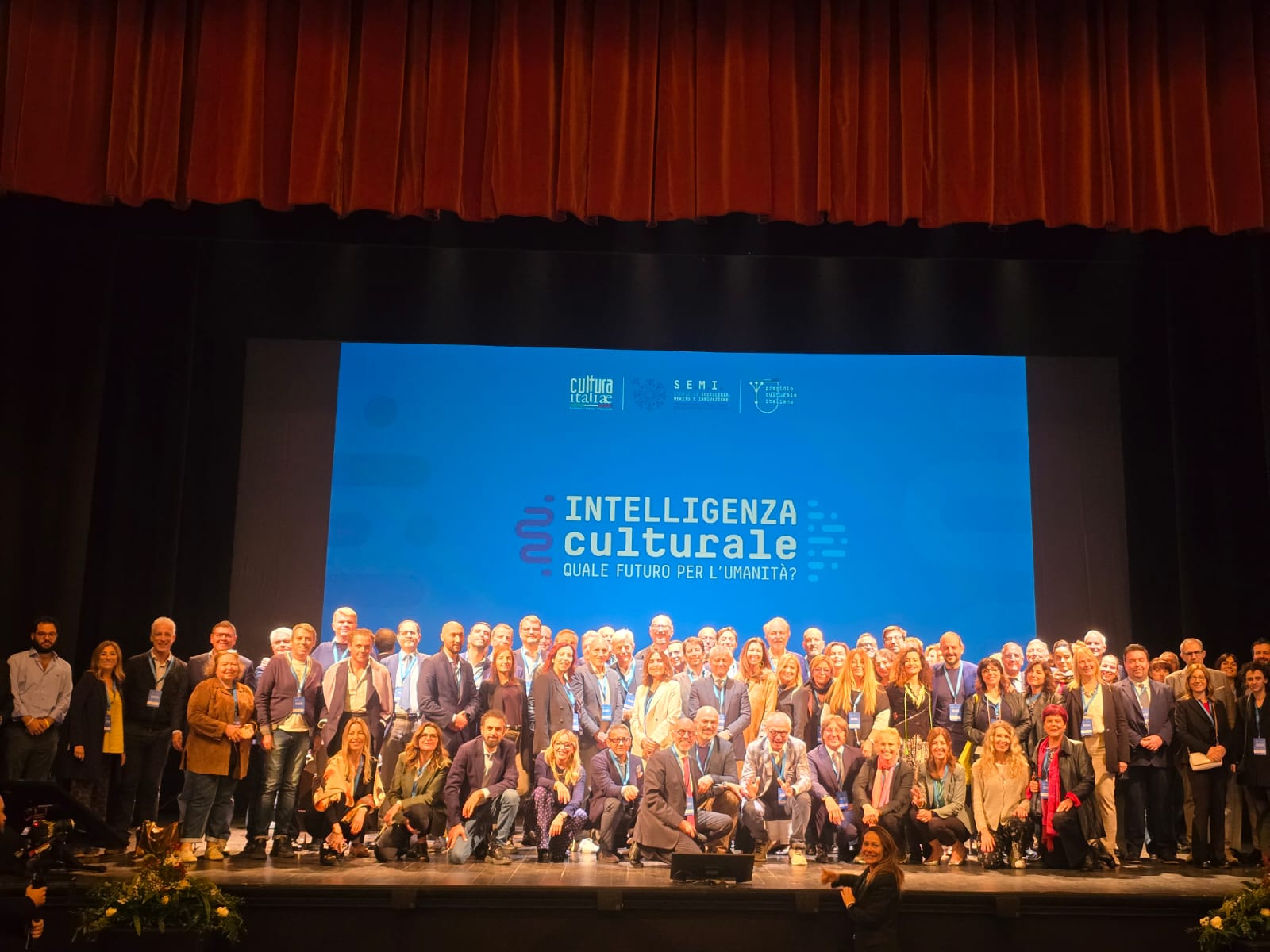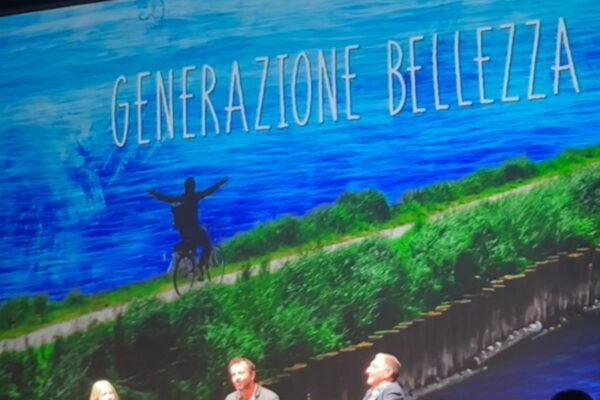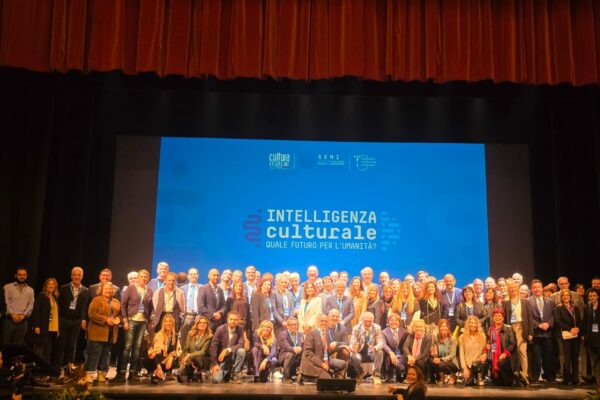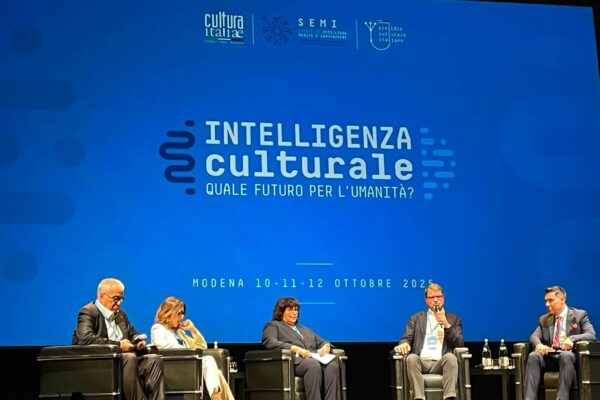
The Cultura ltaliae Association is an independent non-profit non-governmental organisation, established in 2016, dedicated to the enhancement and promotion of ltalian tangible and intangible cultural heritage. lt sets Culture at the centre of its commitment, as an engine for ethical and sustainable development. lt was created as a piace of exchange and comparison of ideas, knowledge, and skills to foster dialogue between its members, the ltalian community, and the institutions. lt creates cultural and personal ties, focusing on involving young people. The association promotes activities aimed at enhancing and safeguarding intangible cultural heritage, in line with the spirit of the 2003 UNESCO Convention, and intends to connect people to create a network of exchange. As stated in the Association’s Statute, its main objectives are:
– to encourage research, dissemination, in-depth study, and development of ltalian culture, in ltaly and abroad;
– to promote the creative freedom and autonomy, freedom of opinion and expression;
– to provide input far discussion, aiming at the approvai of legislative instruments for the protection and promotion of ltalian cultural production;
– to raise awareness in political, economie, social, and cultural circles regarding the problems and needs of ltalian culture to improve its heritage.
For ICH communities, the Association Cultura ltaliae represents a platform for reflection, a common and collective space for shared planning, civic and social engagement. The association constitutes a space far dialogue to promote national and international cooperation and supports communities in their awareness of their intangible and materiai cultural heritage. The main objective of the association is to disseminate respect for culture and cultural diversity, fostering intercultural dialogue, intergenerational education, the exchange of good practices for the safeguarding of cultural heritage, and fostering international relations in this field.
Year of accreditation: 2024
Main domain(s) of the ngo’s activities: Oral traditions and expressions, Performing arts, Social practices, rituals and festive events, Knowledge and practices concerning nature and the universe
Main Safeguarding measures: a) identification, documentation, research (including inventory-making), b) preservation, protection, c) promotion, enhancement, d) transmission, (non-) formal education





